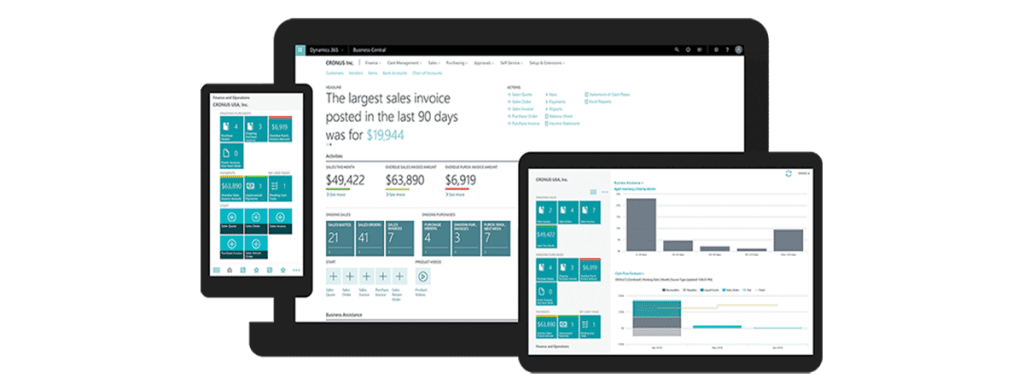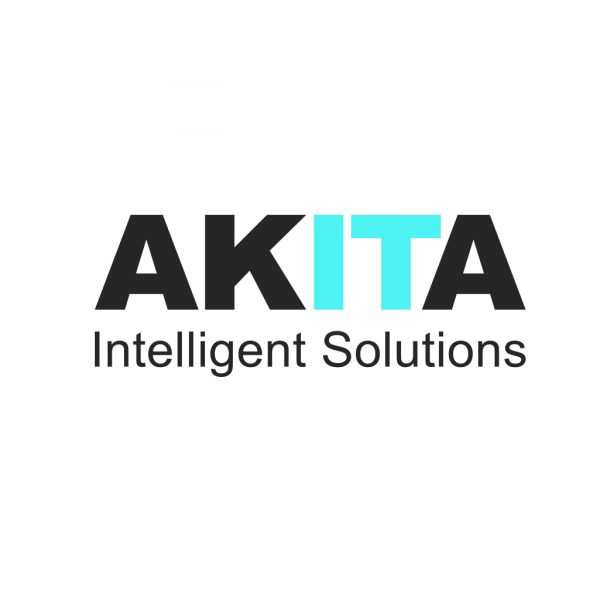Over half of Microsoft Dynamics NAV instances are now using unsupported versions of the software.
According to Microsoft, over half of Microsoft Dynamics NAV customers are now using out-of-date and unsupported versions of the software. Anyone with Dynamics NAV 2015 or older is using an out-of-date version of the software. This does not benefit from Microsoft’s regular updates and patches. So with so many Dynamics NAV instances unsupported, is it time to consider adopting Business Central?
What's the danger of leaving Dynamics NAV instances unsupported?
Unsupported versions of Dynamics NAV are problematic both for companies and Microsoft. Firstly, without the ability to add new updates and features, companies can find their NAV installation slowly deteriorating. When this happens, there's a risk of users becoming disengaged.

The more versions behind a company is, the harder it is for them to catch up. This can eventually lead to them abandoning the software. From Microsoft’s point of view, this then risks users migrating to competitors.
Unsupported software also represents a significant security risk.
The reason that the 2017 Wannacry ransomware virus spread so quickly was it took advantage of the security weaknesses in the unsupported Windows 2007 operating system.
A Dynamics NAV setup is vital to an organisation's operations. If it were compromised the results could be disastrous, ranging from interrupting business operations to a significant data breach. What's more, your existing antivirus solution may not even be set to look at your ERP system at the moment, meaning you could be totally unprotected.
So if you're using Dynamics NAV unsupported, you need to have a hard think about how you proceed.
Business Central Implementation Or Continue With NAV?
With the ratio of unsupported versions of NAV expected to rise significantly by 2020, the news increases the prospect of Microsoft retiring Dynamics NAV in favour of a Dynamics 365 Business Central implementation.

Business Central contains much of the same functionality as Dynamics NAV but holds the added cloud benefit. This includes regular, free-of-charge updates. Dynamics 365 Business Central also comes with a monthly license charge, rather than the upfront license cost for NAV. This makes the solution more appealing for company balance sheets.
To discuss a Dynamics 365 Business Central implementation please get in touch - we'll be happy to start by arranging a demo to ensure Business Central fits your needs.
If you'd rather stay with Microsoft Dynamics NAV, our consultants can advise you on the necessary updates to make to get your instance fully up-to-date and protected as best as possible.
Is your Dynamics NAV instance unsupported? To discuss Business Central, please get in touch:





